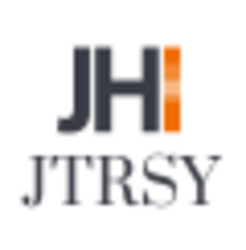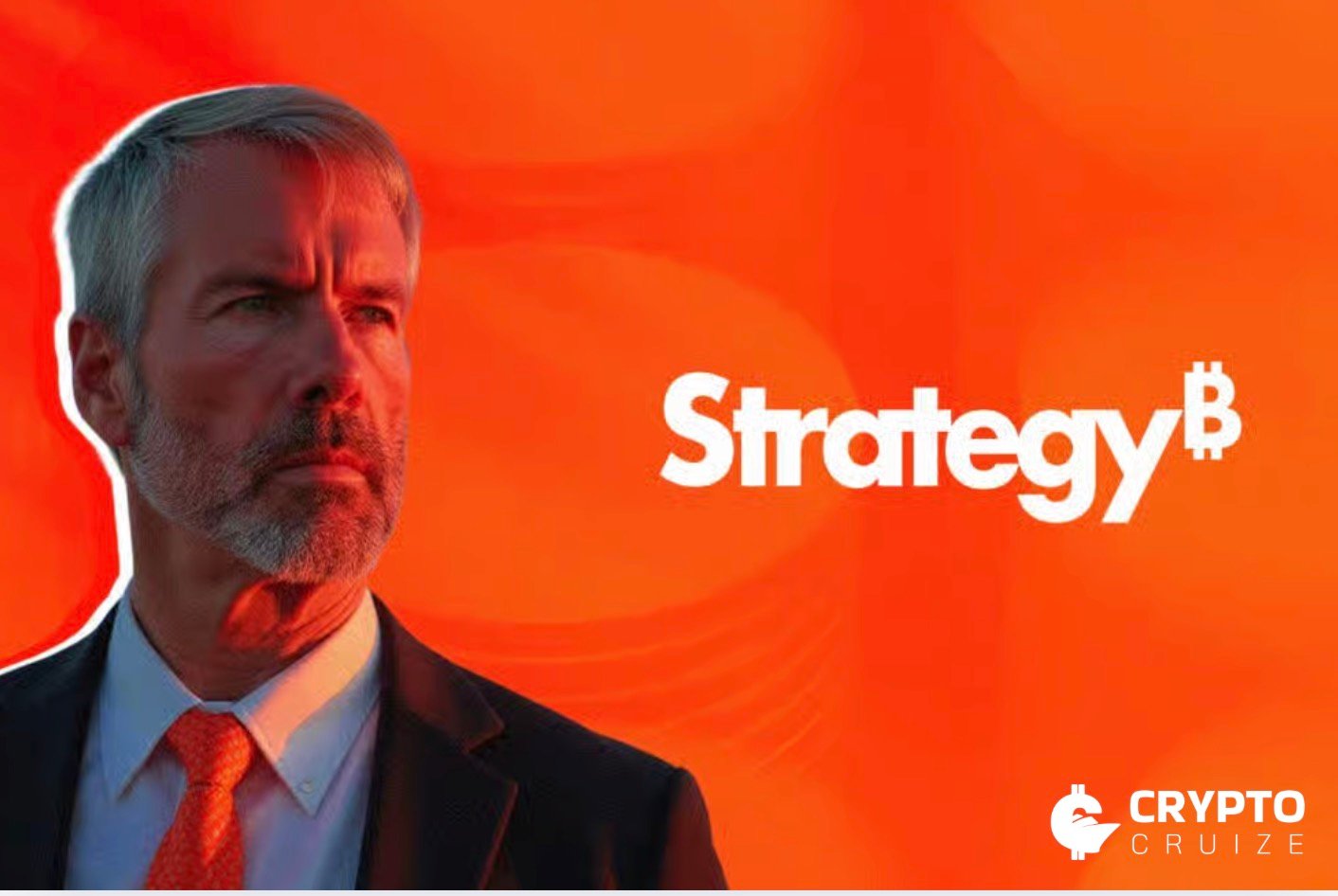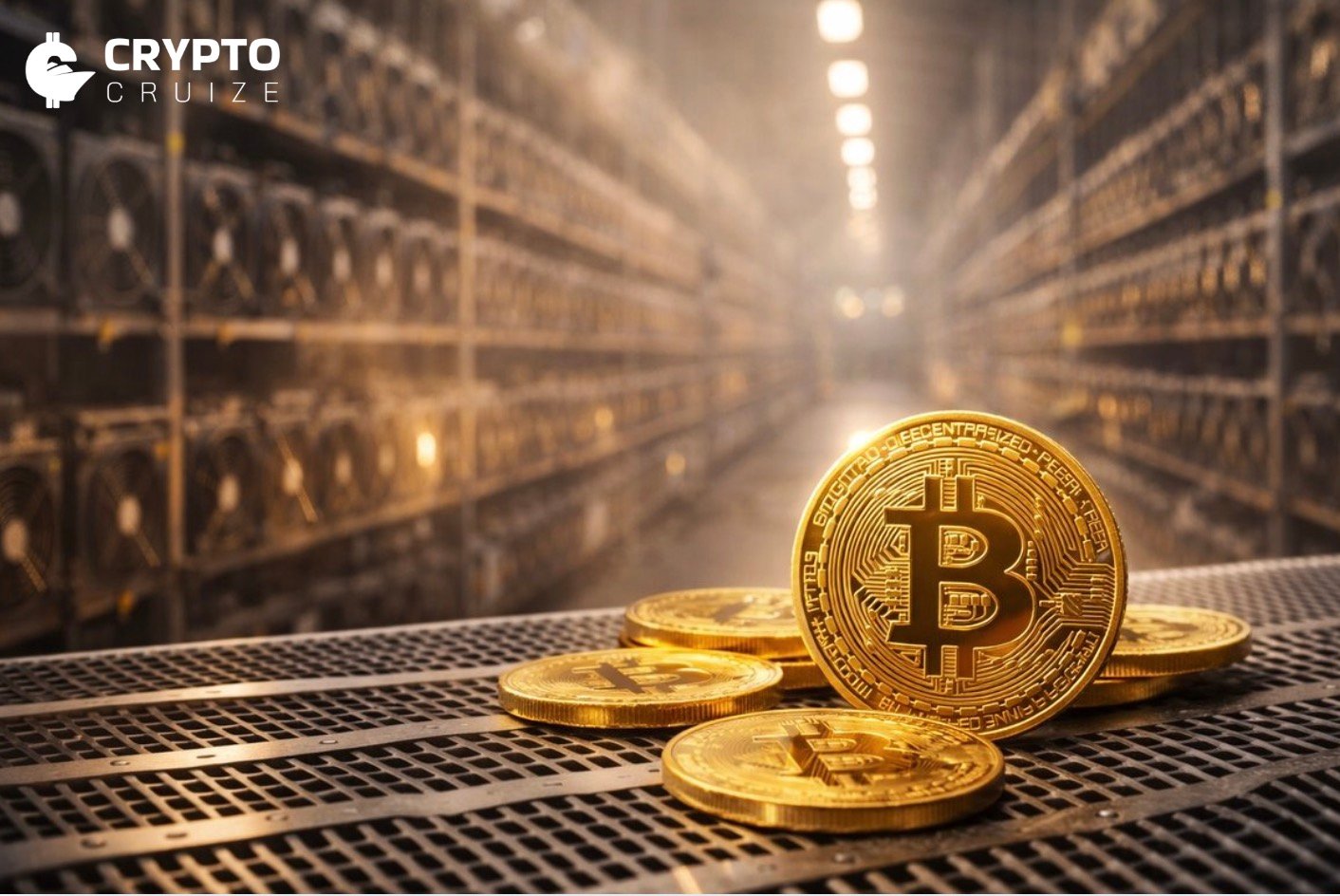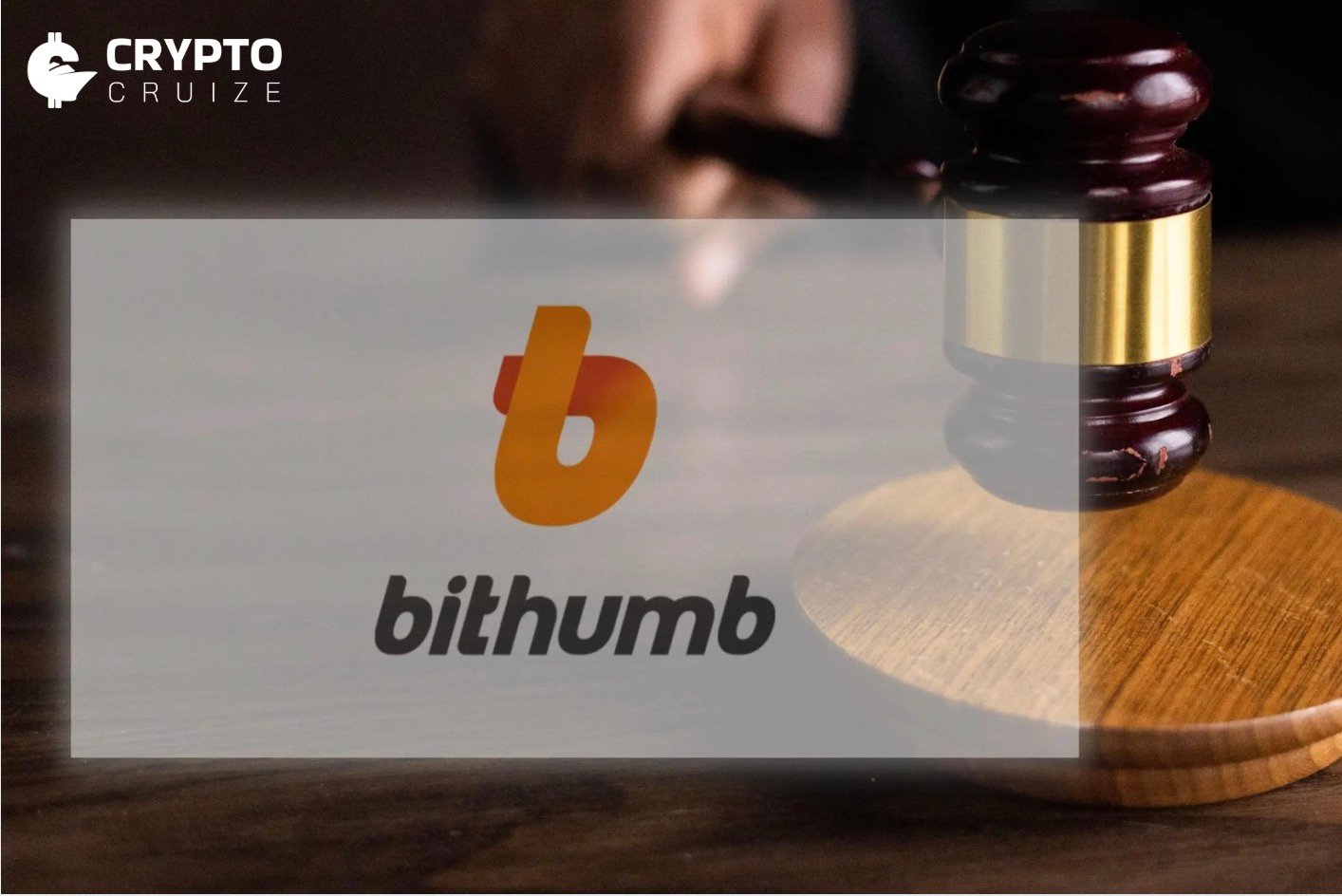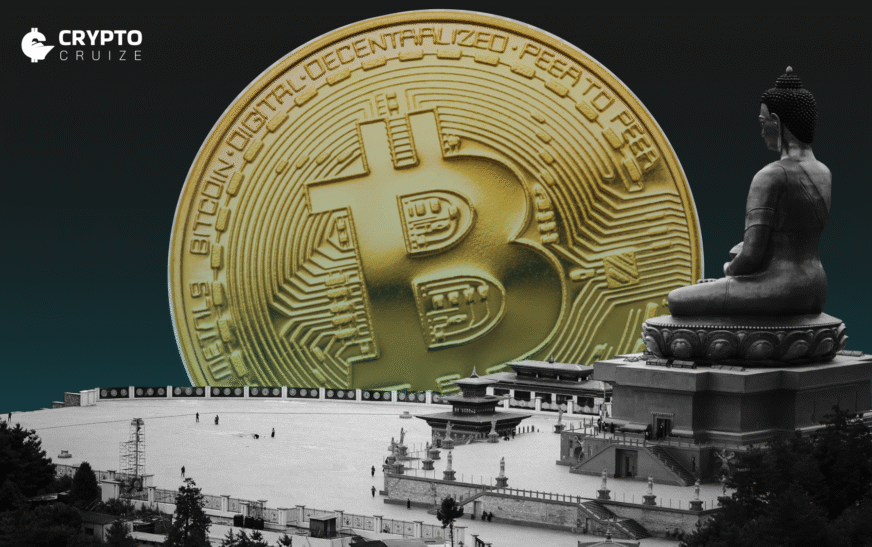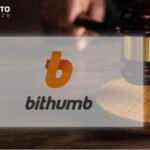The Open Network (TON), a blockchain platform originally developed by Telegram, has launched an innovative new route to secure a 10-year UAE Golden Visa. The scheme, which requires a $100,000 stake in Toncoin (TON) for three years and a one-time $35,000 processing fee, significantly reduces the traditional entry cost by over 80%, making it one of the most accessible options for crypto investors seeking long-term residency in the Emirates.
A Crypto-Powered Pathway to UAE Residency
Announced on Saturday, the initiative allows applicants to retain full control over their assets via a smart contract on the TON blockchain, ensuring transparency and decentralisation throughout the staking period. According to TON, the process from document submission to visa issuance can take under seven weeks.

In addition to offering a residency visa to the primary applicant, the programme extends coverage to immediate family members, spouses, children, and parents, without any extra charges, aside from standard government processing fees.
A key attraction for investors is the estimated annual return of 3% to 4% on the staked Toncoin, creating a dual benefit of passive income alongside residency status.
Lower Barrier Compared to Traditional Routes
Conventional UAE Golden Visa programmes often require a minimum investment of $540,000, usually in real estate or fixed deposits. TON’s crypto-based approach dramatically reduces this barrier, asking for only $100,000 worth of Toncoin to be staked for three years.
Bobby Ong, co-founder of CoinGecko, praised the initiative, commenting on X (formerly Twitter): “The entry is 5x lower than an equivalent real estate or FD investment and will certainly get the attention of whales to take a look at TON and consider this as an option.”
Following the announcement, Toncoin saw a notable price rally, surging over 10%. As of the latest data, the token was trading at approximately $2.98, showing an 8% rise in the last 24 hours, although it remains down more than 60% year-on-year.
Questions Around Government Endorsement
Despite the attention the programme has attracted, not all responses have been positive. Critics have questioned the official status of TON’s initiative, pointing out that it does not involve a direct partnership with the UAE government.
Joe HedgeHog, a partner at Sigil Fund, commented, “3rd party provider is using TON as a proxy to help their clients get golden visa for entrepreneurs. They could have used FARTCOIN instead.”
While TON is facilitating the process through UAE-based partners, the absence of formal government backing has led some observers to view the scheme with caution.
UAE’s Push to Become a Global Crypto Hub
The TON announcement aligns with the UAE’s broader ambitions to establish itself as a leading hub for blockchain and cryptocurrency ventures. Recent regulatory developments further support this trend.
In June, the Dubai Financial Services Authority (DFSA), which oversees the Dubai International Financial Centre (DIFC), approved Ripple’s RLUSD stablecoin. A month earlier, Dubai’s Virtual Assets Regulatory Authority (VARA) introduced updated guidelines aimed at enabling the tokenisation of real-world assets, including real estate.

Legal expert Irina Heaver noted that these measures provide clearer pathways for both issuers and exchanges to operate within the region’s maturing crypto environment.
The Dubai Multi Commodities Centre (DMCC) free zone has already become home to more than 600 crypto-focused firms. Other key areas such as the DIFC and One Central district are also witnessing a steady influx of blockchain enterprises, as the UAE intensifies efforts to lead the future of digital finance.
Conclusion
TON’s crypto-based residency scheme could prove to be a turning point in how governments and private players explore the intersection of decentralised finance and immigration. Although questions remain about its official status, the programme offers a compelling alternative for crypto investors eyeing long-term residency in the UAE, while earning passive returns along the way.


































